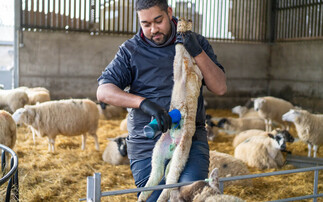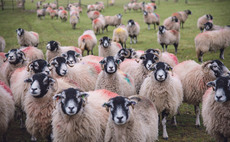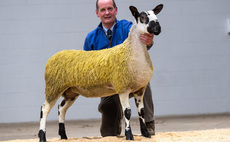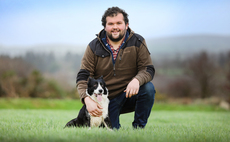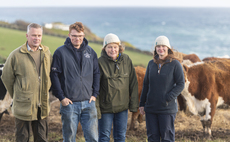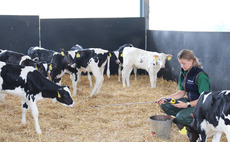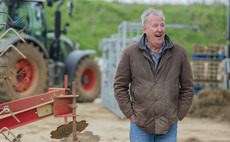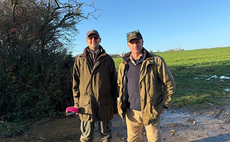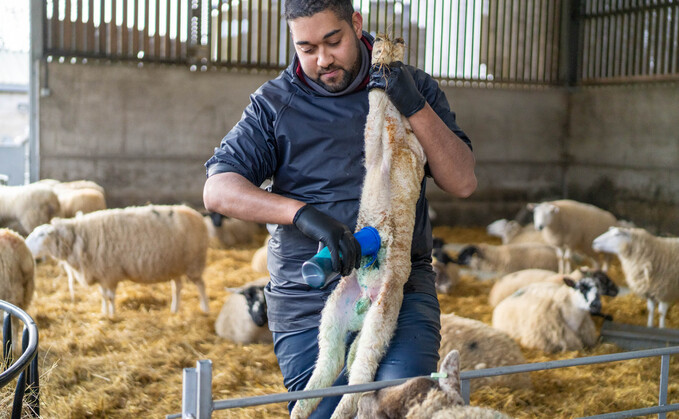
The largest ever navel protection study showed a 21 % reduction in lamb mortality and an average of 360 grams heavier at eight weeks when compared with using strong iodine.
Joint ill: a preventable problem that still costs flocks dearly
Joint ill remains one of the most frustrating challenges in sheep production. It starts when bacteria such as Streptococcus dysgalactiae enter through the navel or from wounds like ear-tagging sites. Once in the bloodstream, the bacteria can spread and settle in the joints, causing swelling, lameness and, in severe cases, death.
��"Even well-managed systems aren't immune," says Dr Emily Collins-Wingate veterinary surgeon at NoBACZ Healthcare. "If the navel isn't rapidly disinfected and sealed, it's a wide-open door for infection."
Back to basics: hygiene and colostrum
Clean pens, dry bedding and good-quality colostrum remain the foundation of prevention of disease in neonatal lambs. All lambs should receive 200ml/kg body weight of good-quality ewe colostrum (at least 26.5 percent IgG on a BRIXX refractometer) in the first 24 hours of their lives. Any equipment used for neonatal lambs, such as stomach tubes and teats, should be sterilised after use.�� Ear-tagging should always take place in clean, dry conditions and tagging equipment should be disinfected between lambs.
Even on well-managed farms, the navel is still a vulnerable route of entry for bacteria which can cause infections.
��
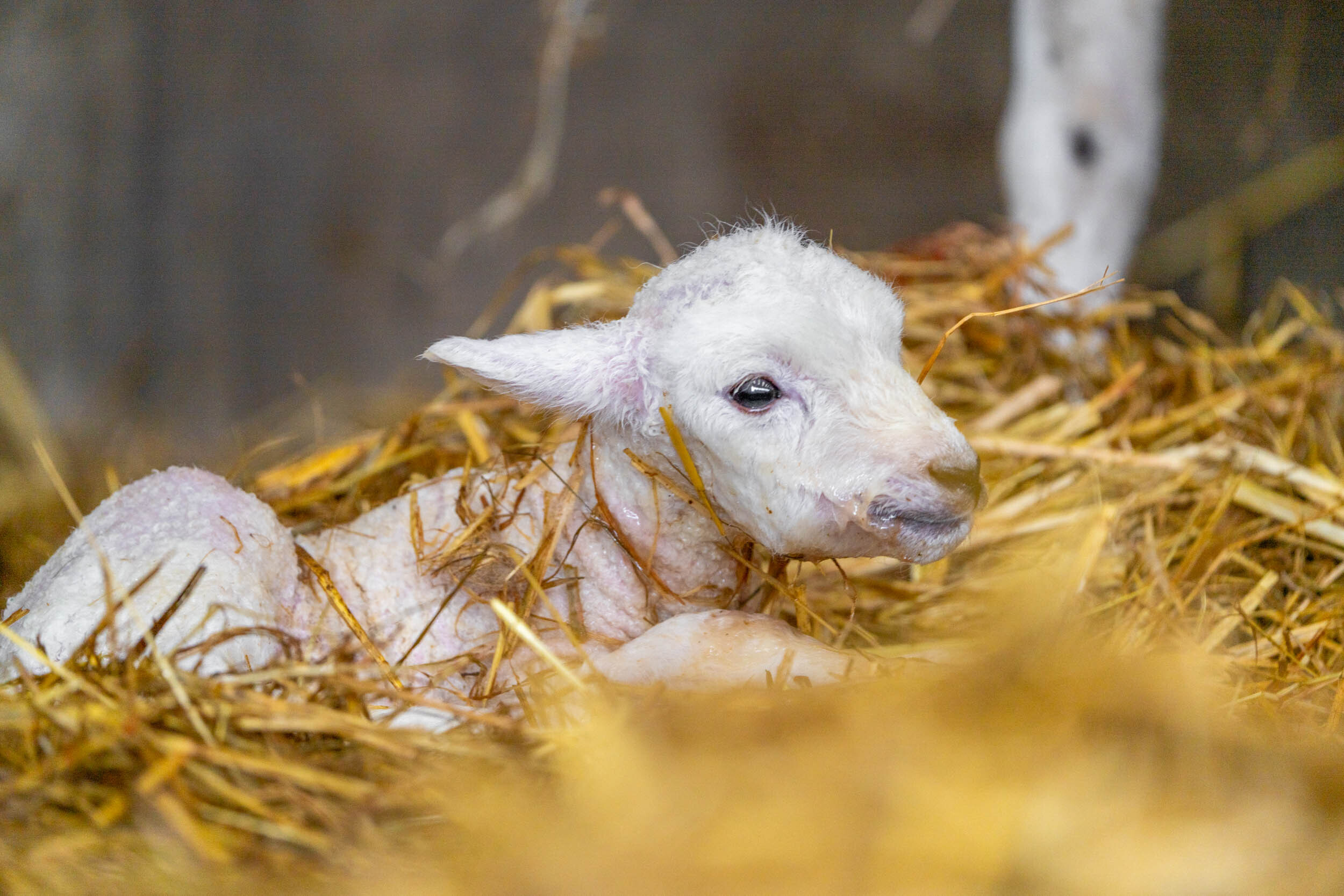
The challenges of iodine
For decades, 10 % strong iodine has been the standard for disinfecting and drying navels. However, the effects of iodine for drying and disinfection are short-lived with advice given to ‘double-dip' navels to combat this. Once applied, iodine can be licked off by the ewe before it has fully dried, often leaving the navel unprotected. Spraying instead of dipping can result in incomplete coverage of the navel, and both supply and price pressures have made iodine harder to rely on in recent years.
A new generation of navel protection
NoBACZ Navel was developed to combine rapid drying and disinfection with a lasting waterproof barrier. The coloured coating shows exactly where has been covered with the product, contains a bitter agent to prevent licking by ewes, and is antibiotic-free. NoBACZ Navel fits easily into modern, sustainable flock-health management plans.��
A UK study led by Dr Fiona Lovatt of Flock Health Ltd gathered data from 6,840 lambs across 11 flocks. The 2025 analysis confirmed clear benefits for flocks using NoBACZ Navel compared with iodine.
Lambs treated with iodine had an average mortality rate of 8.33 %, while those treated with NoBACZ Navel recorded 6.51 %. That represents a 21 % reduction in deaths, or around 18 more lambs surviving to eight weeks for every 1,000 born.
��Growth results were also positive. Lambs whose navels were protected with NoBACZ Navel barrier solution were around 360 grams heavier at eight weeks.
"The difference is truly meaningful," says Dr Fiona Lovatt. "For every thousand lambs born, that is 18 extra survivors and hundreds of kilos more liveweight. It is a practical, measurable improvement that matters to every flock."
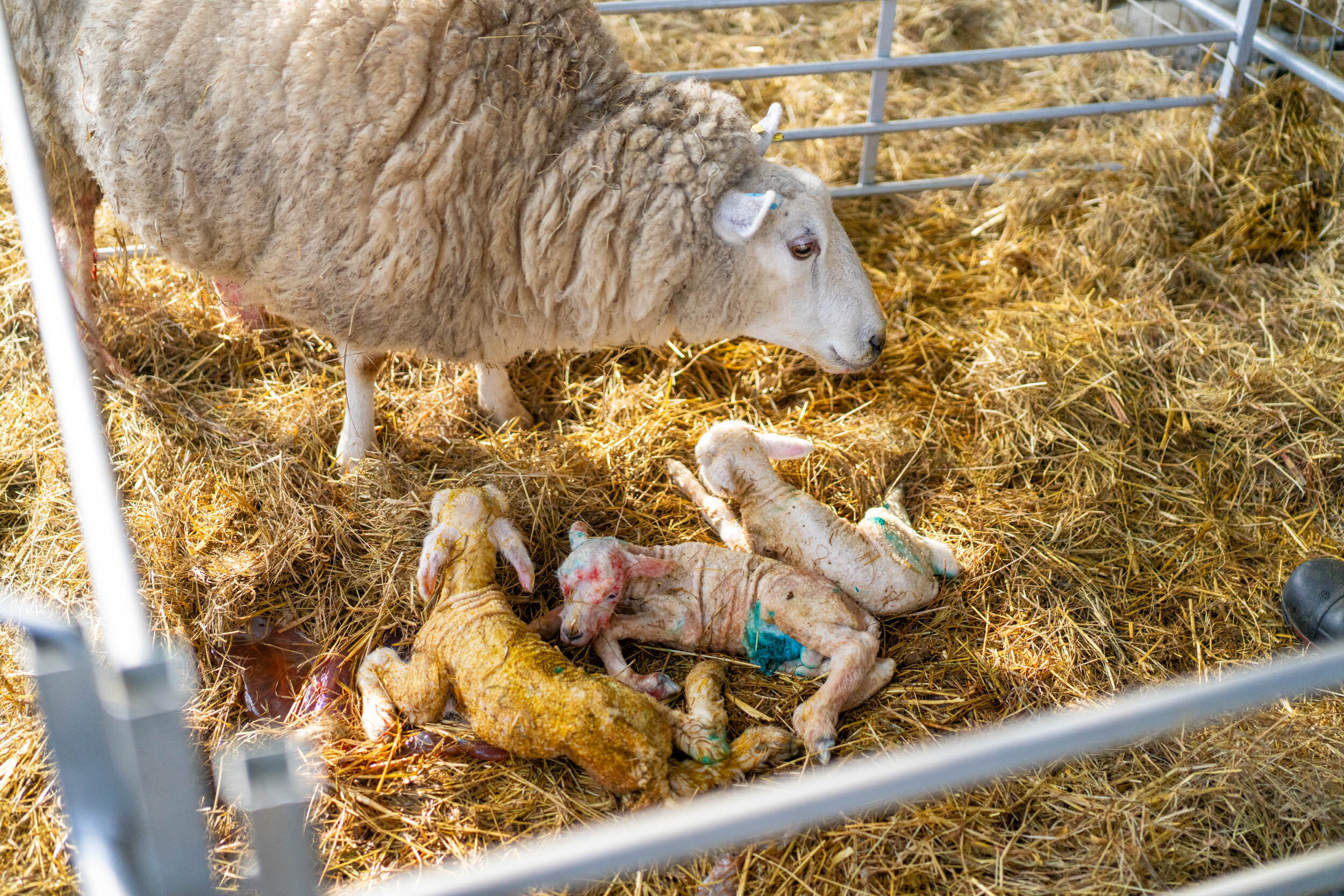
What it means on farm
For every 1,000 lambs receiving NoBACZ instead of iodine:
- 18 more lambs alive at eight weeks, worth around £2,465.88 at point of sale
- 360 kilograms of additional liveweight
For every 200 lambs:
- 3.6 more lambs alive, worth around £493.18
- 72 kilograms of additional liveweight
With a new 1 litre refill tin bringing the average cost per application down to 25 pence, the return on investment is clear.
On-farm experience
Anna Wilson, a sheep farmer from Nunthorpe in Yorkshire, took part in the study.
"We found NoBACZ Navel really easy to use and quick drying. The blue colour made it easy to see what had been covered, and the ewes left it alone. We used to get cracked hands from iodine, but this product is much cleaner and gentler to handle."
Zoe and Gary from Aungier Livestock in Suffolk made the switch for the 24/25 lambing season. "We dipped ours for the first time this year using NoBACZ Navel for the first time. We felt the coverage was so much better than previous years when we sprayed.
We are very pleased with the results and will use again next lambing."
��Joint ill and navel infections remain key causes of lamb mortality, but they are largely preventable. Combining good hygiene practices, quality colostrum management and durable navel protection gives every lamb a better start, helping to improve survival, growth and overall flock sustainability.
Better protection. Better outcomes.
��
For more information, visit or email [email protected].






